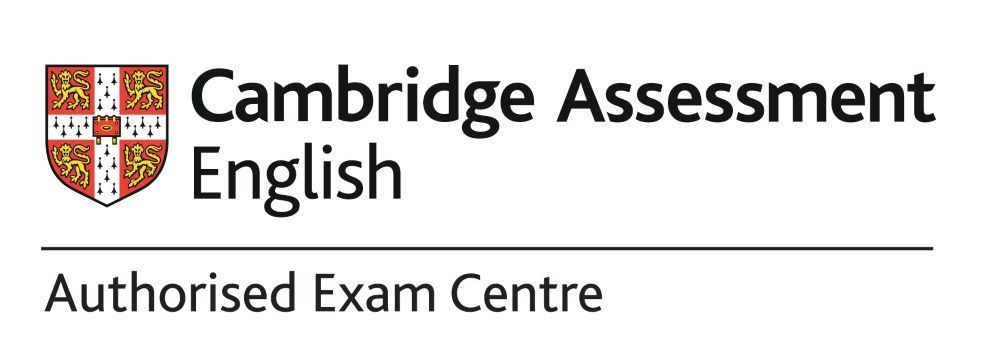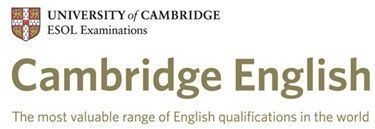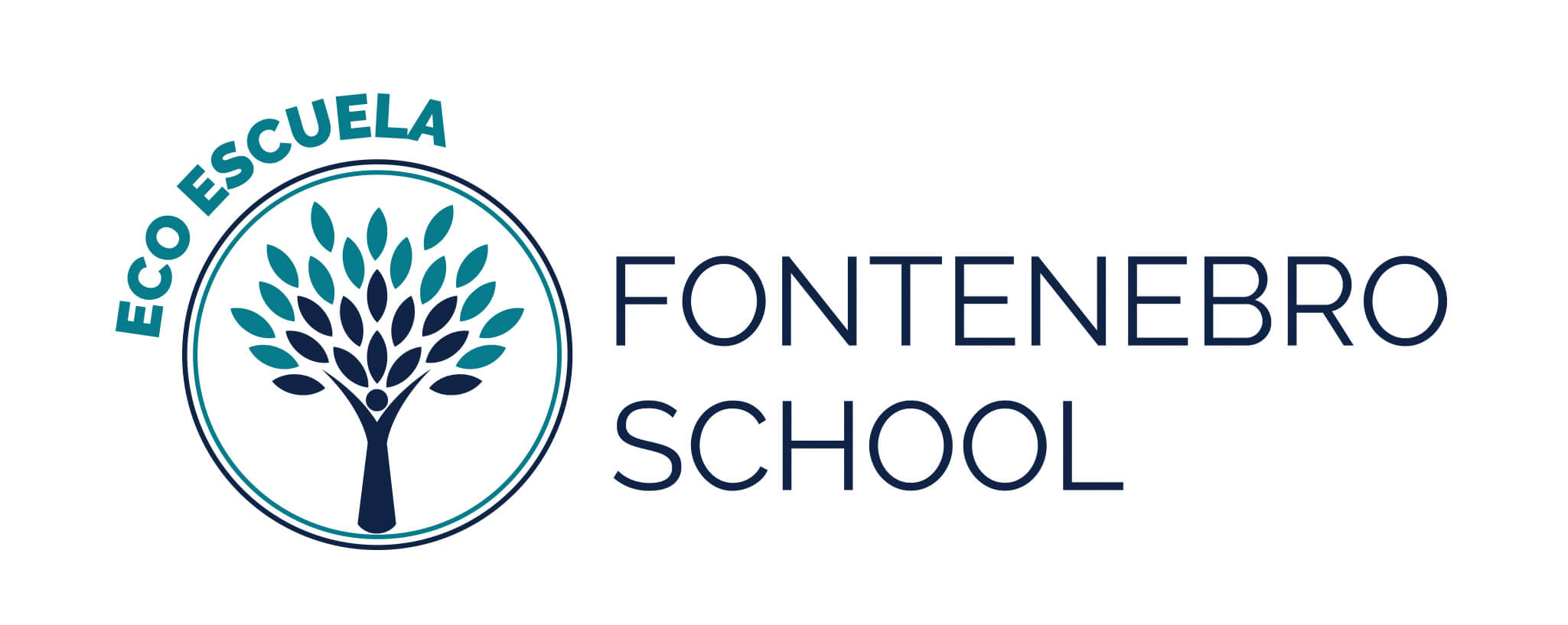The best emotional intelligence books for children
Emotional intelligence books for children are a way of tackling this part of learning. Among other advantages, these books allow infant and primary school students to assimilate the concept of emotional intelligence and, more importantly, to understand and analyse practical situations in which emotional management is important.
Below, we are going to analyse some of the best emotional intelligence books for children and the importance of this concept during the early stages of education.
What is emotional intelligence?
Emotional intelligence is a set of skills that allow us to interact correctly with other people on an emotional level, as well as allowing us to manage our own emotions in a positive way.
Throughout the day we experience very different emotions, it is estimated that the list of emotions that we can feel amounts to 270, it is very important that we know how to identify them and communicate them correctly.
Emotional intelligence and its learning during childhood
Most of the emotional management that we develop during adulthood is learned during childhood and early adolescence. This learning process is long and forces us to face all kinds of emotions during our formative years. If the process is adequate, we will be prepared to interpret, show and accept our emotions.
The primary and secondary school years are fundamental to develop emotional intelligence. One of the most effective exercises to assimilate this type of concepts is reading books, with which we can express our feelings and emotions.
Emotional intelligence books for children
“Feelings” by Tracey Moroney
This collection of children’s books allows us to accompany a little rabbit along the path marked out by his emotions. There is a book for each feeling, in which we consider what this feeling is like, when it can be perceived and the ways in which we can deal with this emotion.
“Educating with emotional intelligence” by Elias, Tobias and Friedlander
Not all books on emotional intelligence are aimed at children. Some, such as “Educating with emotional intelligence”, explain to parents the importance of incorporating emotional education into their children’s development.
With the stories included in this book we will be able to understand our children better, based on our own feelings.
“This is my heart” by Jo Witek
This picture book reviews the main feelings that we usually feel on a daily basis and adapts them to the world of the youngest children. The book allows children to identify a wide variety of emotions, based on the heart in the centre of the illustrations.
“The colourful monster” by Anna Llenas
One of the most popular books on emotions, the monster changes colour depending on the feelings he experiences, and the content has 3D illustrations that unfold as we read.
“Emotions” by Xavier Deneux
This is the perfect book for the little ones to begin to interpret their own feelings. It is aimed at children between 0 and 3 years of age, so its content is adapted to the youngest members of the family.
“Once upon a word-eating child” by Marlet and Sunyer
This reading is oriented towards the process of expression. It is as important to identify emotions as it is to know how to express them. In this book, the authors allow us to discover the appropriate way in which we can express our own emotions correctly.
The advantages of emotional learning with books
Learning through reading allows infant and primary school children to develop their emotional intelligence.
Much of this process is practical, throughout their daily lives they perceive different emotions that they learn to express from real situations. However, we can reinforce their responses by reading books that focus on emotional situations. The characters in these books experience feelings that they try to resolve. The aim is to offer them an example, so that they learn that expressing emotions is normal and positive for their development.
Emotional learning at Fontenebro International School
At Moralzarzal school we integrate emotional education into our teaching programmes throughout all academic stages. During the first years of education, pupils acquire knowledge that will form the basis of their future behaviour. Emotional intelligence must therefore form part of the educational programme.
Beyond the classroom, it is important that the educational community, including parents, participate in this process. Books are a fundamental support, but we can also insist daily on the importance of expressing emotions without fear, valuing emotional reactions and creating a suitable environment in which our children feel at ease when expressing themselves and valuing their own feelings.













![BAPParentLogo[5]](https://fontenebroschool.com/wp-content/uploads/2020/09/BAPParentLogo5.png)


